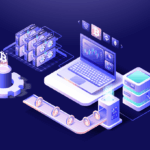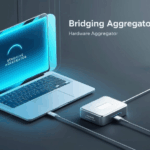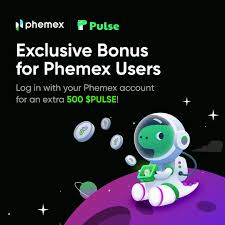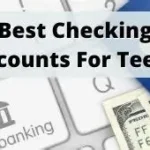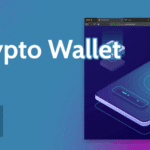In this article, I will discuss the How to Get Started with Blockchain technology using some practical steps.
This guide will help you understand the fundamentals and pick the appropriate tools while avoiding some of the common pitfalls.
The aim is for you to understand the processes needed to discover new blockchain technologies and begin your journey into the world of decentralization.
What Is Blockchain?
Blockchain is a form of a digital ledger which records transaction information across different devices connected in a network. It offers security, privacy, and an open way of information sharing.

Each individual log or block is attached to the prior block, forming a chain which, for security reasons, can only be edited if there is agreement across the network. Eliminating middlemen and greater trust with transparency during transactions is one of the advantages this technology offers.
Initially intended for cryptocurrency applications like Bitcoin, blockchain is now adopted across numerous sectors such as finance, supply chain, healthcare, and others owing to its efficiency and unmatched security.
How to Get Started with Blockchain
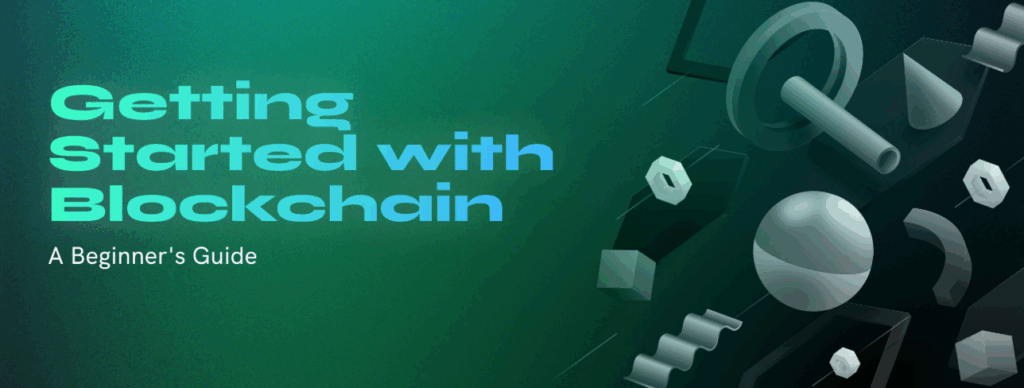
Example: Your Journey with Ethereum and MetaMask
Understand the Basics
- Learn what blockchain is: a decentralized ledger that records transactions securely
- Key concepts: decentralization, cryptography, consensus, and smart contracts
- Recommended resource: Blockchain for Beginners Guide – 101 Blockchains
Set Up a Crypto Wallet
- Install MetaMask, a browser extension wallet
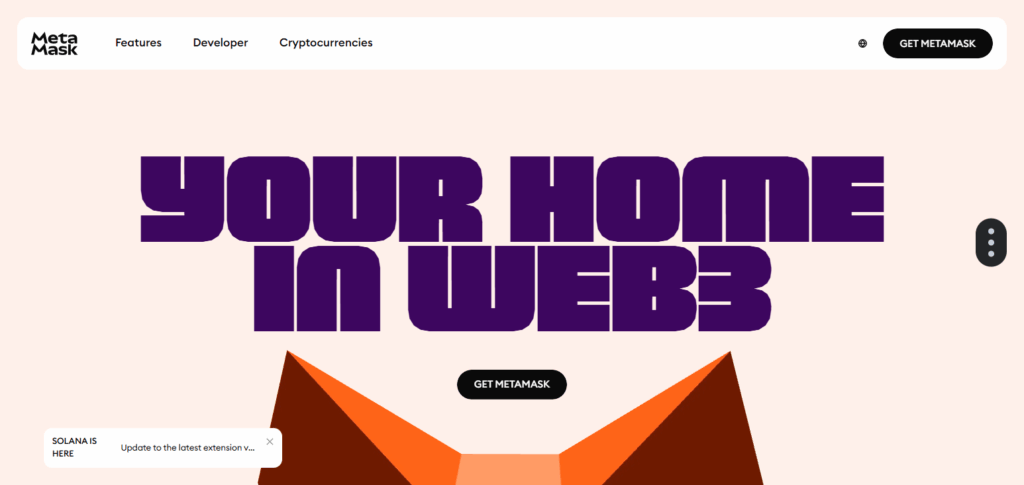
- Create a wallet and securely store your seed phrase
- This wallet lets you interact with Ethereum-based apps
Explore Ethereum and DApps
- Visit platforms like Uniswap, OpenSea, or Aave
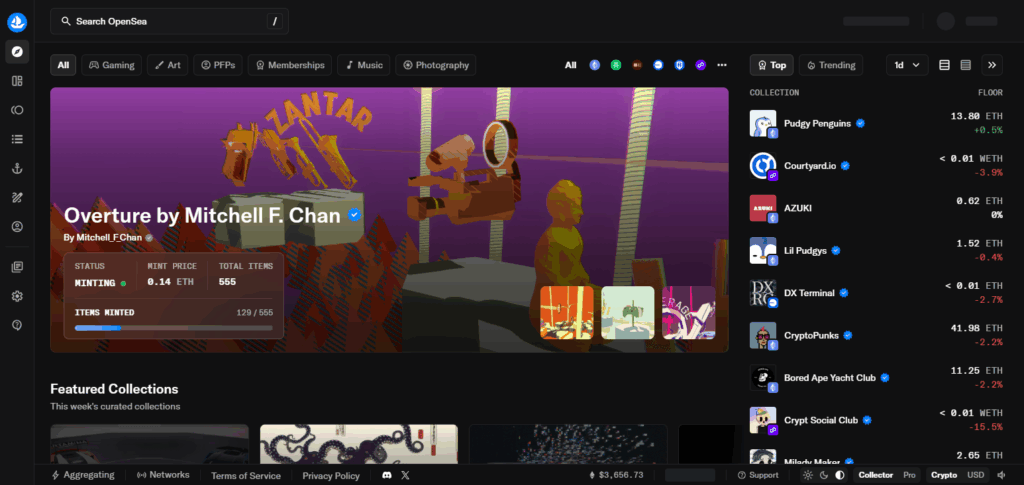
- Try swapping tokens, viewing NFTs, or lending crypto
- These apps run on smart contracts—automated code on the blockchain
Learn Solidity and Smart Contracts
- Solidity is the programming language for Ethereum smart contracts
- Try beginner tutorials like FreeCodeCamp’s Blockchain Intro
- Practice writing and deploying simple contracts on testnets
Join Communities and Stay Updated
- Follow forums like r/ethdev, Stack Exchange, and Discord groups
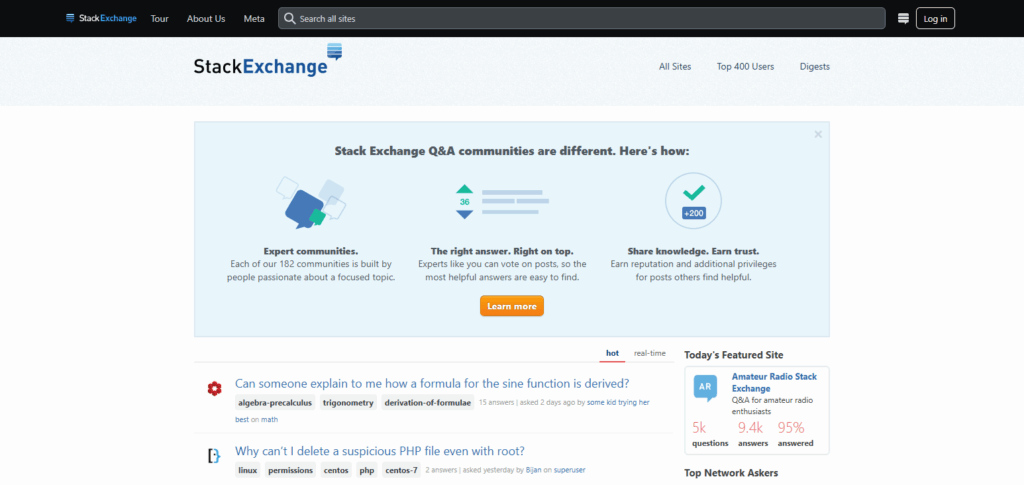
- Subscribe to newsletters like Bankless or The Defiant
- Stay informed about new protocols, updates, and opportunities
Why Learn Blockchain?
Skills Acquisition Is In High Demand: There are numerous positions available in development, d cybersecurity, finance, and data analysis in blockchain technology in comparison to the available opportunities.
Innovation Without A Single Entity Control: It enables the creation of a new generation of trust and automation through the construction of dApps, smart contracts, and other financial intermediaries which do not need middlemen.
Prospects for Advancement and Investement: One can pursue careers in Web3 or make informed investment choices in cryptocurrencies and NFTs after gaining knowledge on blockchain technology.
Technology That Stands the Test of Time: It is gaining adoption among governments, enterprises, and startups which places blockchain at the core of future digital systems.
Common Mistakes to Avoid
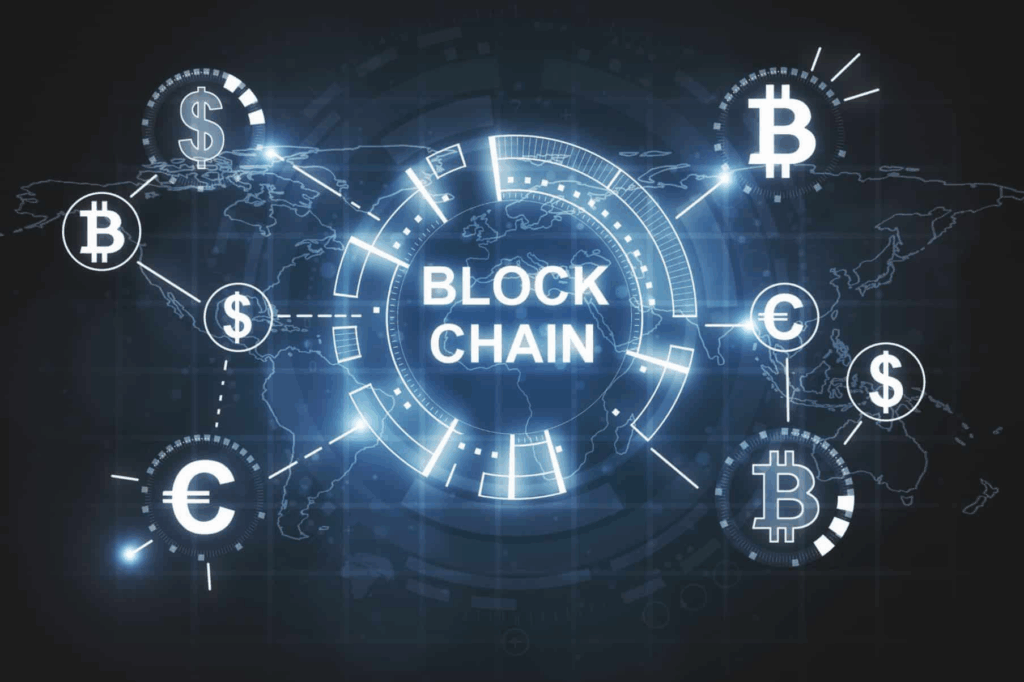
Jumping into Investments Without Knowledge
Understanding the blockchain and its investments is crucial in this sector, as many newcomers have lost money after blindly investing in cryptocurrency projects they didn’t understand.
Falling for Scams and Hype
Blockchain projects are abundant, but beware of impostors and fake cryptocurrencies. Always double-check for a proper audit and confirm their legitimacy.
Ignoring Wallet Security
The loss of assets can occur due to private keys mismanagement as well as weak passwords. Always use cryptocurrency wallets you can trust and enable two-factor authentication to reduce the risk of unwanted access.
Skipping Hands-On Practice
Simple reading is insufficient; dealing with real testnets and smart contracts is equally important for a genuine grasp of their usage.
Not Staying Updated
The rapid evolution of blockchain technology demands its users keep up with news, updates, revised regulations, or losing relevance is guaranteed.
Pros & Cons
| Pros | Cons |
|---|---|
| Decentralization eliminates intermediaries | Scalability issues in many blockchains |
| Transparency enhances trust | High energy consumption (e.g., PoW) |
| Security through cryptographic methods | Complexity for beginners |
| Immutability prevents data tampering | Regulatory uncertainty in many regions |
| Smart contracts automate processes | Slow transaction speeds on some networks |
| Global accessibility | Limited developer talent in the space |
Conclusion
Starting with blockchain technology might appear to be complicated at first, but like anything else, it can be effortlessly learned one step at a time. Understand the core principles, examine the use cases, and participate with relevant tools and communities. It is just as important to remain educated to avoid uninformed mistakes as it is to remain security-aware.
The emerging potential of blockchain technology for disrupting industries means that learning about it now could provide great career prospects in the future especially in the fields of technology, finance, and other sectors. Keep exploring, begin with the basics, then scale up as the technology evolves.
FAQ
Do I need to be a programmer to learn blockchain?
No, you don’t need programming skills to start. Basic understanding helps, but many resources are available for non-developers to learn blockchain concepts and applications.
What’s the best way to start learning blockchain?
Start by learning the fundamentals through free resources like YouTube, blogs, and beginner courses. Then experiment with wallets, testnets, and blockchain platforms like Ethereum.
Is blockchain only about cryptocurrencies?
No. While blockchain powers cryptocurrencies like Bitcoin, it also supports smart contracts, decentralized apps (dApps), NFTs, and supply chain solutions.



